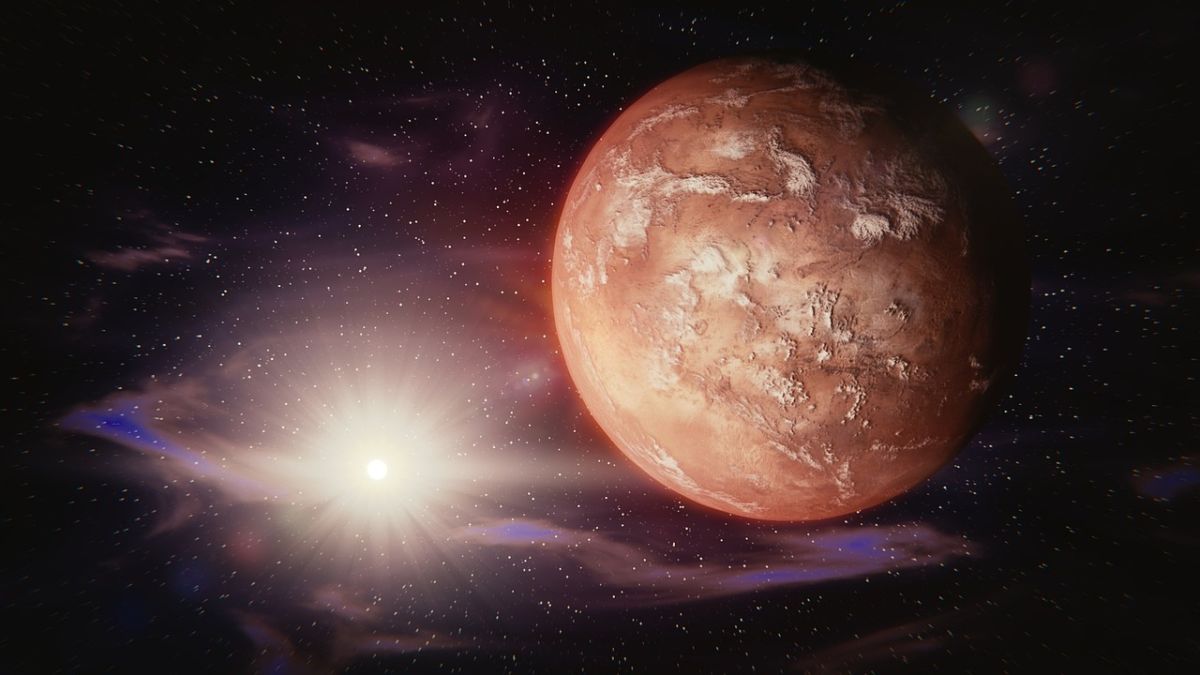We know that Mars once had masses of water on its surface; It didn’t happen yesterday, in fact it happened a few billion years ago, but it did happen. But where and how far this water spread is still debated. For example, it was never obvious whether the Red Planet had an ocean in its low-elevation northern hemisphere. Now, using topographic data and comparisons with Earth, researchers have been able to show definitive evidence that approximately 3,500 million years ago, the area was home to an ocean that stretched hundreds of thousands of kilometers and was at least 900 meters deep.
The good thing about studying Mars is that you’re not exactly starting from scratch: you already you have the data of another planet that you can use: Earth. For example, we know the kinds of geological structures and textures that water creates with rocks here on Earth, so if we see the same kinds of things on Mars, we can deduce that water was present there too.


Of course, it’s not as simple as that, but the guiding principle of looking for signs of ancient water signs on Mars is more or less that, looking for structures or rocks that we know were created by water.
In this case, the researchers used software developed by the United States Geological Survey to map data from the National Aeronautics and Space Administration (NASA) and the Mars Orbiter laser altimeter.


Discovered more than 6, 500 kilometers of river ridges and then grouped them into 20 systems, showing that the mountain ranges are probably remnants of ancient coastlines, such as river deltas or submarine channel belts.
“What It immediately comes to mind as one of the biggest points here is that the existence of an ocean this size means greater potential for life,” said Benjamin Cardenas, assistant professor of geosciences at Penn State and lead author of the recently published study. in the Journal of Geophysical Research.
Also read: 900 NASA generates economic benefits for the 82 US states. How do you do it?
· James Webb Space Telescope f otography of Neptune and its rings as we have never seen them before
· Perseverance finds rock on Mars with the highest abundance of organic molecules so far
